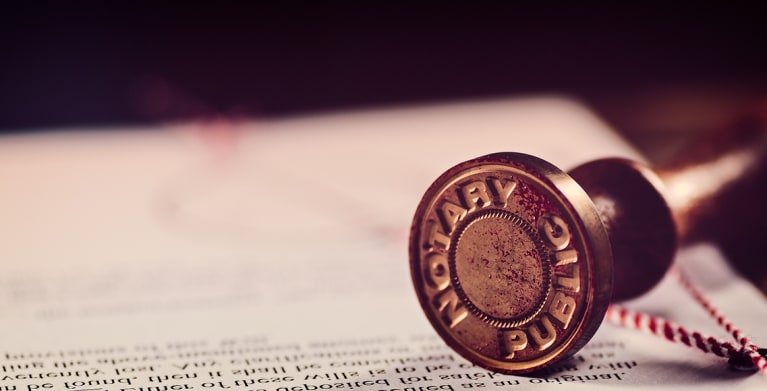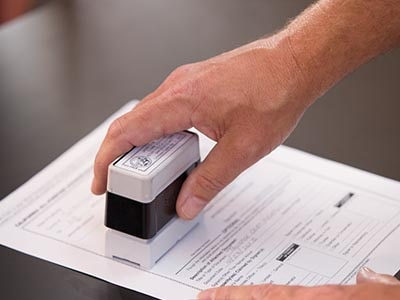Demystifying Notarial Job: Simplifying the Role and Value of Notaries
In the detailed web of lawful paperwork and verification, notaries stand as pillars of guarantee and authenticity. Their role, frequently shrouded in secret for several, carries substantial weight in guaranteeing the credibility and honesty of critical documents. As guardians of legitimacy and reality, notaries play a pivotal component in our culture, yet their work is not always fully recognized. By unwinding the complexities bordering notarial methods and shedding light on the value of their acts, a clearer understanding arises of the vital function notaries play in promoting the fabric of contractual and legal agreements.
The History of Notarial Job
The background of notarial job days back to old human beings, where scribes played a critical role in tape-recording crucial details and validating papers. This led to the advancement of notaries, individuals appointed by the state to act as unbiased witnesses in lawful matters.
During the Middle Ages, notaries got prominence in Europe, with their features expanding to include drafting legal records, licensing trademarks, and protecting records. The rise of international trade further emphasized the relevance of notarial job in confirming agreements and agreements across boundaries.
In the modern period, notaries remain to play a crucial duty in legal and company purchases by verifying identifications, confirming the credibility of documents, and avoiding fraudulence. Their function in licensing the legitimacy of agreements includes a layer of safety and depend the ever-evolving landscape of business and law.

Obligations and Responsibilities of Notaries
Notaries play a crucial duty in verifying the authenticity of papers and the identification of signatories. One of their key obligations is to witness the signing of important documents, such as acts, contracts, and wills, to make sure that all events are getting in right into contracts purposefully and voluntarily.
Additionally, notaries are tasked with providing vows and affirmations, which are vital in lawful proceedings and the execution of sworn statements. They accredit duplicates of initial papers, giving assurance to establishments that the duplicates hold true reproductions of the originals. Notaries need to maintain accurate records of all transactions they supervise to ensure openness and liability. Generally, the responsibilities and obligations of notaries are essential in securing the integrity and legality of different files and deals.
Notarial Certificates and Signatures
Exemplifying precise interest to detail, notarial certifications and trademarks work as essential parts in confirming the authenticity of lawful documents. Notarial certifications typically contain important details such as the date of notarization, the names of the signatories, a summary of the record, and the notary's official seal. These certifications offer a clear record of the notarial act, making sure that Extra resources the document can be easily recognized and traced back to the notary who looked after the process.
Trademarks play an essential role in notarial job, as they represent the agreement and permission of the events entailed. Notaries thoroughly witness the finalizing of records to verify the identity of the signatures and confirm that they are authorizing of their own free choice. By affixing their official seal and signature to the paper, notaries license that the necessary procedures have actually been adhered to and that the document is legitimate and enforceable.
Essentially, notarial certificates and signatures are the trademark of authenticity in legal purchases, giving guarantee to all events entailed that the files are legit and binding.
Significance of Notarial Acts

Registration Refine Described
The registration procedure generally starts with the individual providing the paper to a notary public. As soon as the identity is validated, the notary guarantees that the specific signing the record does so willingly and without any coercion.

Final Thought

Notarial certifications typically have crucial details such as the day of registration, the names of the signatories, a description of the record, and the notary's official seal. These certifications supply a clear document of the notarial act, guaranteeing that the file can be conveniently recognized and traced back to the notary that supervised the process.
By affixing their official seal and trademark to the paper, notaries license that the essential treatments have actually been complied with and that the record is enforceable and valid.
By validating the identification of the signatories, confirming their willingness to enter into the contract, and certifying the date and area of the signing, notaries play a vital function in maintaining the validity of lawful records.After the document is signed, the notary will attach their main seal or stamp onto the paper.